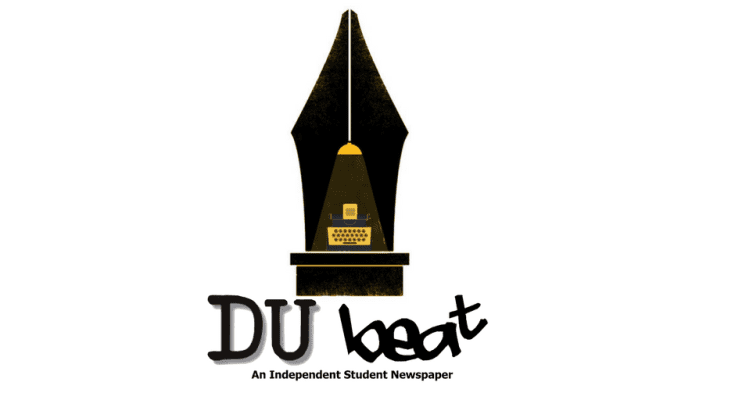A year in this space has made me question my personal notions- what kind of diversity do we have? And is the presence of diversity the same as accepting it- those who bring it to the University of Delhi (DU)- with open arms? Read a take on the culture of shaming in a space meant for diversity.
For a University situated in the Capital of a nation that sells itself to globalisation with the tagline ‘Unity in Diversity’, cultural, economic, and social diversity is always a good self-promotional point. However, if you have been in DU for even a semester, the rose-tinted lenses wear off soon enough. We may have students from all over the country and beyond, but our academic and cultural spaces have not learnt the rhetoric of respecting the history that comes with different family and socio-economic backgrounds.
An average day in an English literature classroom in a college considered ‘intellectual’- like Lady Shri Ram College- involves professors coming in class, throwing names of critics (mostly foreigners, usually white), and expecting students to have read them. An academic space is meant to challenge you, and to inform you about things you were formerly ignorant of. But the sighs of disappointment, ‘how do you call yourself educated’, and steely eyes filled with judgement when one is unaware of what the professor is speaking of; all are methods of shaming that do more damage than the promised ‘good’.
It is unfairly ignorant to only speak of professors and classrooms as the harbingers of this attitude, since our own friend circles play a significant role in this process. We, as young-adults stepping outside the comfort of our homes, seek a sense of self-worth and validation from our friends. When belittled for listening to a certain kind of music, or for not having watched or read a movie or book considered ‘high art’, it is inevitable to lose faith in our intellectual capabilities. To be told that you need to have done specific, mostly privileged, and expensive things in order to fit in, is not only elitist, but also a form of childish bullying that all of us have been subjected to.
Most of us have not grown up with our fathers playing vinyl records of Bob Dylan or The Beatles to us as kids. The tag of a Grammar Nazi (wrong on every level), that we wear as a badge of honour will never encourage somebody to learn better English, but will be a reminder of the inefficiencies in their background. It says something about their history, over which they did not have active control, but it defines you as a person- an elitist who does not wish to be kinder and more empathetic.
To recognise that there are conditionings different than your own is a significant aspect of mental maturity that DU colleges fail to instil in us. Challenging us academically or giving us a plethora of resources to learn from is the thing one seeks, but DU’s rather popular culture of shaming us into learning is psychologically flawed, and ethically problematic in a time when we are learning and unlearning the caste, class, and cultural privileges and meritocracy. It is true that DU is not the only place where the culture of shaming is prominent and propagated, but when I think of DU, I think of diversity. To have diversity comes with the need to accept it, and I know our classrooms can change for the better. Arundhati Roy said, “To love. To be loved… To try and understand… And never, never to forget.” (If you have not read her, it’s okay. Take this as my recommendation, if you were looking for one?) I hope, DU does not forget its role and duty to diversity- intellectual and of all kinds- and understands that we are all learning, and we can do with a little kindness.
Anushree Joshi





Comments are closed.